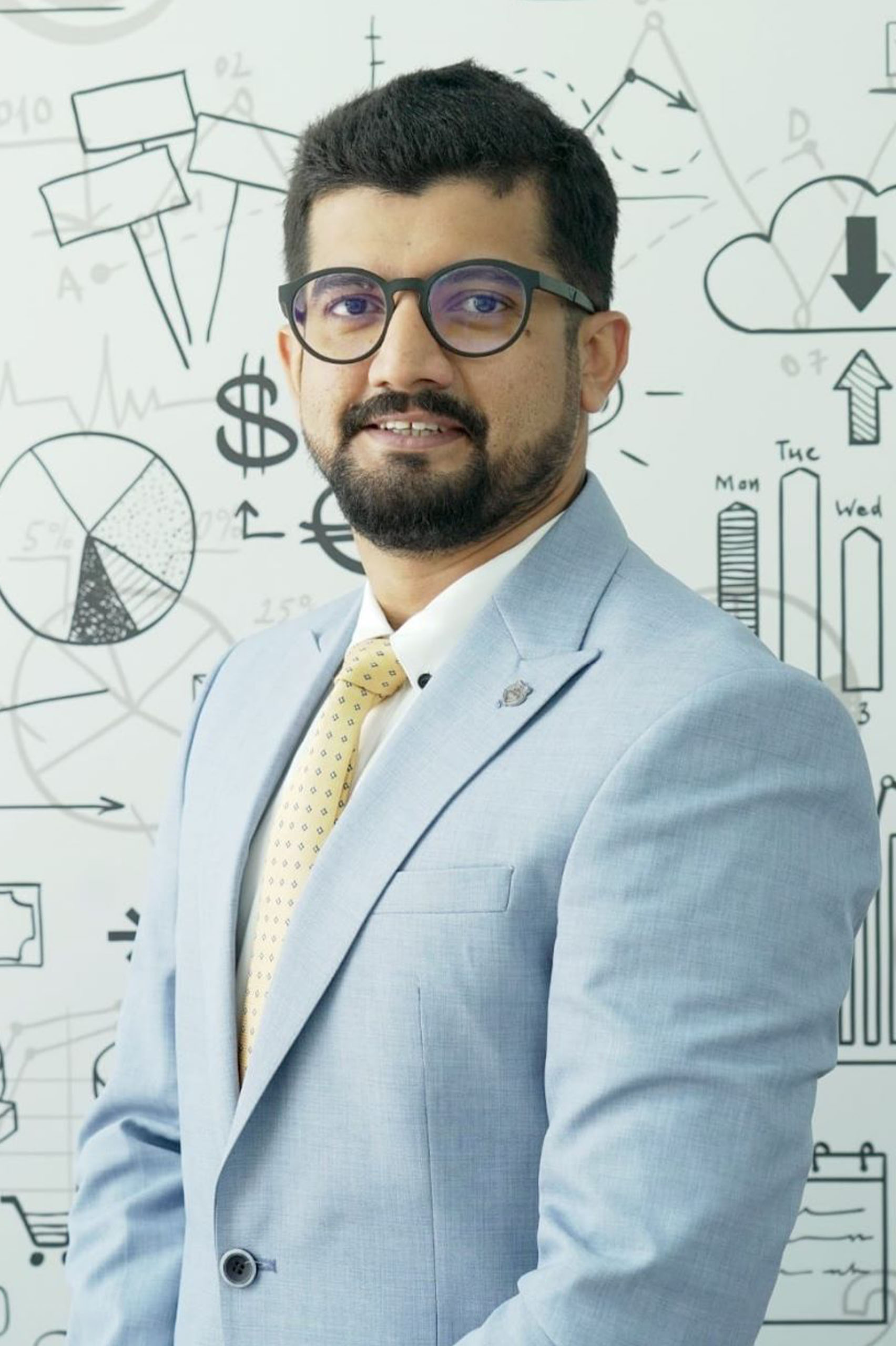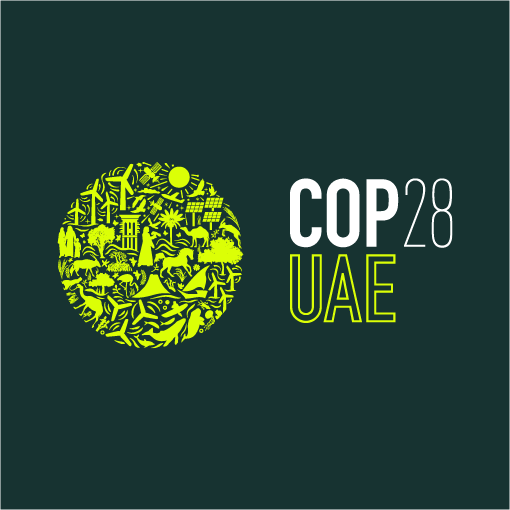COURSE
Sustainable Water Demand Management
REGISTRATION DEADLINE
November 15, 2023duration
4 weeksDelivery Method
Face-to-face or Online*VR - IMMERSIVE LEARNING
Experience the future of learning in our metaverse classroom, powered by VRWhy choose this course?
Position yourself at the forefront of a rapidly-evolving industry
Network with your industry peers globally
Drive policy change and transition towards sustainable water management
Gain a competitive edge in your industry
Foster creativity and promote innovation in your organization hub
Identify investment opportunities and capitalize on emerging trends
Explore the latest sustainable water management strategies and technologies
Master design & implementation of sustainable water management solutions
Support UAE and global agendas at COP28 beyond
course topics
Gain knowledge and acquire new skills through the following modules:
key takeaways
Identify and articulate the components of natural water processes and explain the extent of human influence on these systems, assessing its environmental consequences.
Illustrate the structure and function of the anthropogenic water cycle, evaluating how government and industry employ regulations, technologies, and optimizations to mitigate the impact of human influence on the water cycle.
Anticipate and propose potential future innovations for developing a sustainable water system, taking into account the evolving challenges and needs associated with environmental sustainability and human welfare.
Evaluate the roles and potential impacts of individuals and businesses on water sustainability and create an effective plan for sustainable water practices within an organizational context.
who is this course for?
Sustainability officers within corporations.
Non-profit employees focusing on water sustainability.
Researchers in water management and sustainability.
Policy makers, urban planners, and environmental consultants.
Environmental Science, Urban Planning, and Civil Engineering students.
course instructors
SEE Institute courses are created and delivered by the leading industry and education experts, who are at the forefront of sustainable change.
Our faculty comprises experienced engineers who possess practical knowledge and skills for creating sustainable cities and are making headlines with their innovative perspectives.
By joining us, participants have the unique opportunity to learn from and network with our experts, gaining valuable insights and connections that can benefit their personal and professional growth.
Dr. Mohamed Irfan
Program Director
Dr. Irfan is our experienced Program Director responsible for continuously evolving our curriculum to anticipate future developments and innovation.
He works closely with leading experts to expose students to diverse perspectives and uses unique innovation frameworks and strategies to help students move from concept to action, fostering a culture of continuous learning and growth. Go from ‘thinking’ to ‘doing’ with Dr. Irfan’s guidance and expertise. He manages programs with world-class faculty to provide students with the highest quality education.
register now
Please fill up the form below





